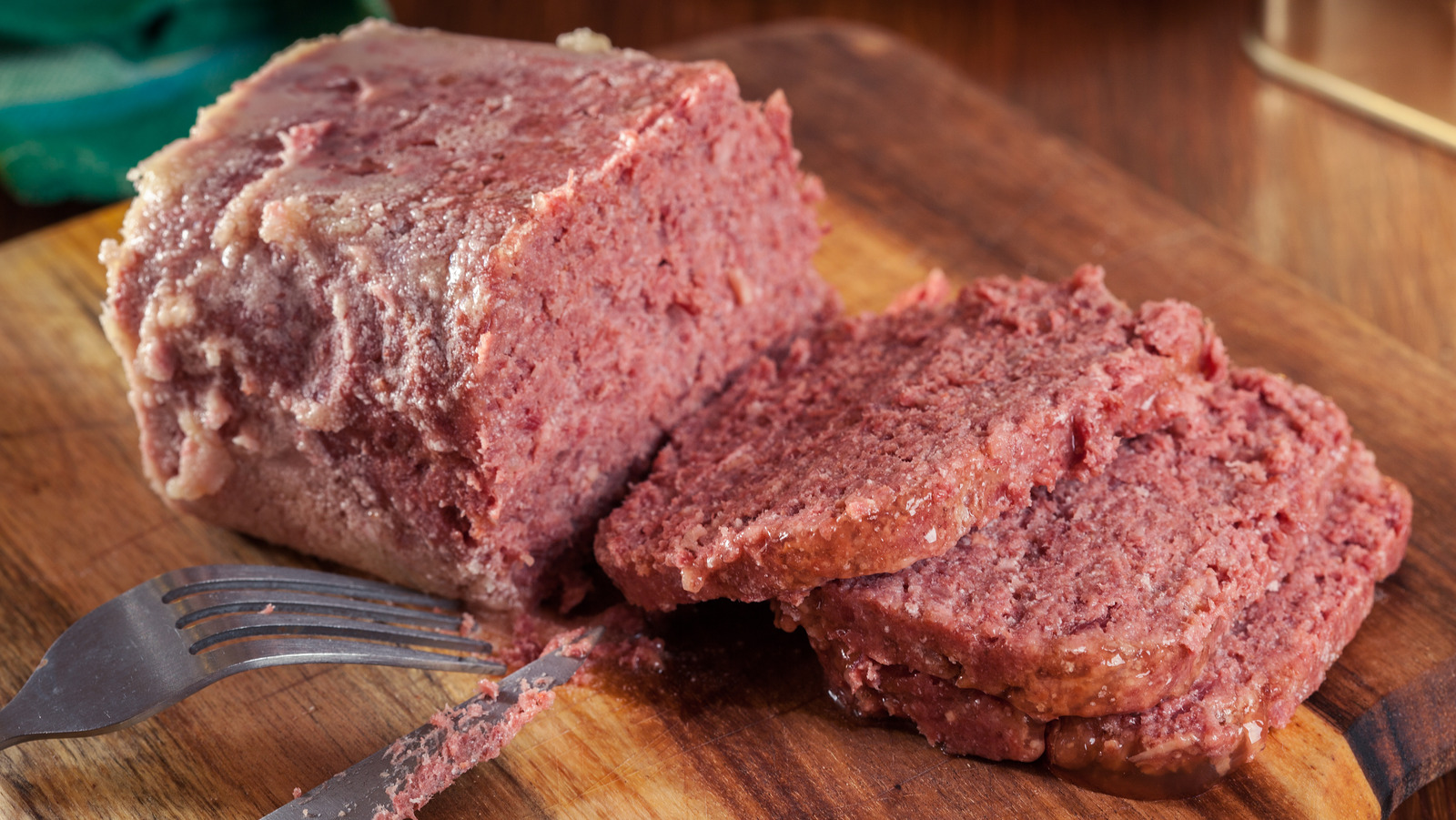Corned beef, with its distinctive flavor and tender texture, is a favorite in many dishes, from sandwiches to hearty stews. However, there are times when you might need a substitute for corned beef—whether due to dietary restrictions, personal preferences, or simply not having it on hand. This article explores various alternatives to corned beef, examining their suitability, flavor profiles, and how they can be used in recipes that typically call for corned beef.
Why Might You Need a Substitute for Corned Beef?
There are several reasons you might seek a substitute for corned beef. For those who follow specific dietary plans or have health considerations, corned beef might not always be the best choice. Additionally, vegetarians and vegans looking to replicate the flavor and texture of corned beef in their dishes need plant-based alternatives. Lastly, sometimes you might just run out of corned beef or find it difficult to source, making it necessary to find an appropriate replacement.
Top Substitutes for Corned Beef
1. Beef Brisket
If you’re looking for a direct meat substitute, beef brisket is the closest in terms of texture and flavor. Brisket, particularly when cooked slowly and seasoned properly, can offer a similar experience to corned beef. To achieve a corned beef-like taste, you’ll need to marinate the brisket in a blend of spices typically used for corned beef, such as coriander, mustard seeds, and peppercorns. Cooking it low and slow will help achieve that tender, flavorful result that makes corned beef so appealing.
2. Pastry-Based Alternatives
For those looking for a plant-based option, pastry-based alternatives can be a good choice. Seitan, also known as wheat gluten, is a popular meat substitute that can be seasoned to mimic the taste of corned beef. When prepared correctly, seitan can provide a chewy texture and robust flavor that closely resembles corned beef. It’s also relatively easy to find in health food stores or make at home.
3. Tempeh
Tempeh is another excellent plant-based substitute for corned beef. Made from fermented soybeans, tempeh has a firm texture and nutty flavor. To replicate the taste of corned beef, you can marinate tempeh in a mixture of spices similar to those used for corned beef. Cooking it in a way that crisps up the outside while keeping the inside tender can further enhance its resemblance to corned beef.
4. Tofu
Tofu is a versatile ingredient that can be seasoned and cooked to mimic a variety of meat flavors. For a corned beef substitute, press the tofu to remove excess moisture and then marinate it in a brine-like mixture of spices and seasonings. After marinating, pan-fry or bake the tofu to develop a crusty exterior and flavorful interior. This method can provide a satisfying alternative for those who prefer plant-based options.
5. Roast Beef
If you’re not strictly looking for a vegetarian or vegan option, roast beef can be a decent substitute. While it doesn’t offer the same spiced flavor as corned beef, roast beef can be seasoned with similar spices to achieve a somewhat comparable taste. The key difference will be in texture and the specific spices used, but roast beef can still work well in recipes where corned beef is called for.
6. Pastrami
Pastrami, though slightly different from corned beef, can serve as an effective substitute. Both pastrami and corned beef are made from beef brisket, but pastrami is typically smoked and seasoned with different spices. If you enjoy a smoky flavor, pastrami can provide a unique twist on traditional corned beef dishes. Adjusting the seasoning can help it more closely resemble corned beef.
How to Choose the Best Substitute for Corned Beef
When selecting a substitute for corned beef, consider the following factors:
- Flavor Profile: Choose a substitute that matches the flavor of corned beef as closely as possible. For instance, beef brisket with corned beef spices will be closer in taste compared to roast beef.
- Texture: Ensure that the texture of the substitute will work well in your recipe. For example, seitan and tempeh offer a chewier texture that can mimic corned beef.
- Dietary Needs: If dietary restrictions are a concern, opt for plant-based alternatives like tofu or tempeh.
- Recipe Requirements: Consider how the substitute will fit into your recipe. Some alternatives may work better in certain dishes than others.
Tips for Using Substitutes in Recipes
When substituting corned beef in recipes, keep these tips in mind:
- Adjust Seasonings: Depending on the substitute used, you may need to adjust the seasonings to match the flavor profile of corned beef.
- Cook Time: Cooking times may vary based on the substitute. For instance, tofu and tempeh may require less cooking time compared to brisket.
- Texture: Some substitutes may have a different texture compared to corned beef. Be prepared for variations in mouthfeel and adjust your cooking method accordingly.
Conclusion
Finding the right substitute for corned beef depends on your specific needs and preferences. Whether you’re opting for beef brisket for a meaty alternative or experimenting with plant-based options like tempeh or tofu, there are plenty of viable substitutes to explore. By understanding the characteristics of each alternative and how they fit into your recipes, you can enjoy delicious dishes even without corned beef.













